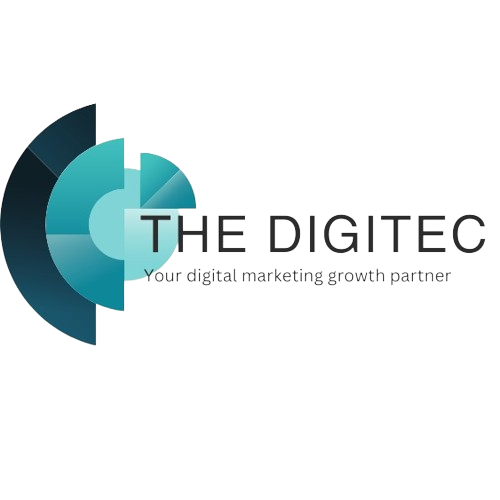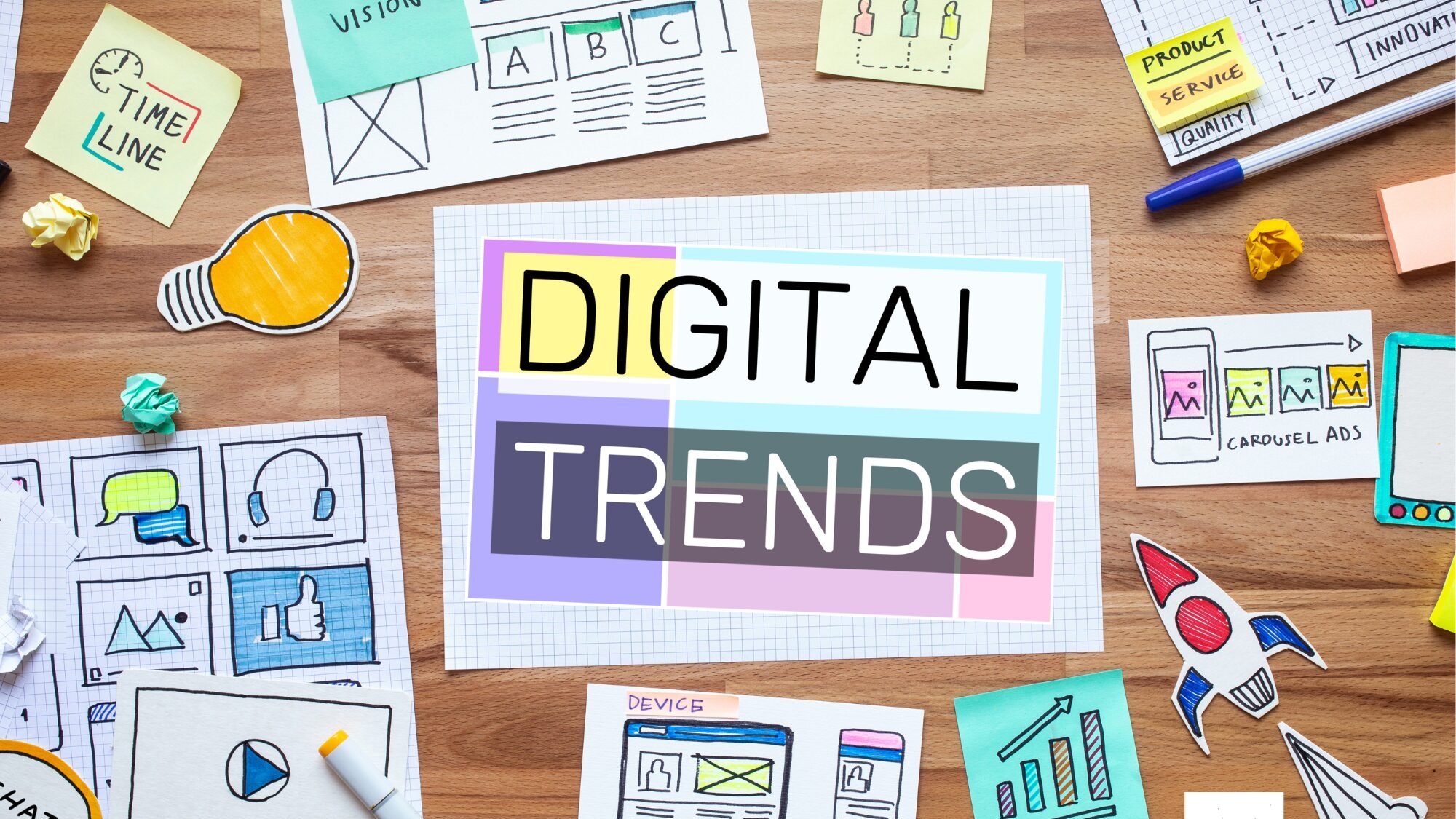As we barrel towards 2025, the digital marketing landscape continues to evolve at breakneck speed. Keeping up with the latest trends and innovations is crucial for staying ahead of the curve and ensuring your brand remains relevant in an ever-changing digital world. In this blog post, we’ll explore some of the top digital marketing trends that you should tap into before the dawn of 2025.
- One significant trend to watch is the rise of artificial intelligence (AI) and machine learning. These technologies are revolutionizing how marketers analyze data, personalize content, and automate processes. AI-powered chatbots, for example, offer personalized customer interactions round the clock, enhancing user experience and driving conversions. Leveraging AI for predictive analytics also enables marketers to anticipate customer needs and deliver targeted campaigns with greater precision.
- Another trend gaining momentum is the increasing importance of sustainability and ethical marketing. With consumers becoming more environmentally and socially conscious, brands are under pressure to adopt sustainable practices and transparent communication strategies. From eco-friendly product offerings to cause-related marketing campaigns, businesses that prioritize sustainability can forge deeper connections with conscientious consumers and differentiate themselves in a crowded marketplace.
- Furthermore, the growing prominence of immersive technologies like augmented reality (AR) and virtual reality (VR) presents exciting opportunities for marketers to create engaging brand experiences. Whether through interactive AR filters on social media platforms or immersive VR storytelling campaigns, brands can captivate audiences in new and memorable ways, driving brand engagement and loyalty.
In addition to technological advancements, the evolving regulatory landscape is reshaping digital marketing strategies. With the implementation of data privacy regulations such as the GDPR and CCPA, marketers must prioritize user privacy and consent management. Building trust with consumers by safeguarding their personal data and delivering transparent privacy policies is essential for maintaining compliance and preserving brand reputation.
Lastly, the shift towards omnichannel marketing continues to gain traction as consumers expect seamless experiences across multiple touchpoints. By integrating various channels such as social media, email, and mobile apps into cohesive marketing campaigns, brands can deliver consistent messaging and streamline the customer journey, ultimately driving higher engagement and conversions.
In conclusion, as we approach 2025, marketers must adapt to these evolving trends to stay relevant and competitive in the digital landscape. By harnessing the power of AI, embracing sustainability, leveraging immersive technologies, prioritizing data privacy, and adopting an omnichannel approach, businesses can unlock new opportunities for growth and success in the years to come.



Add a Comment